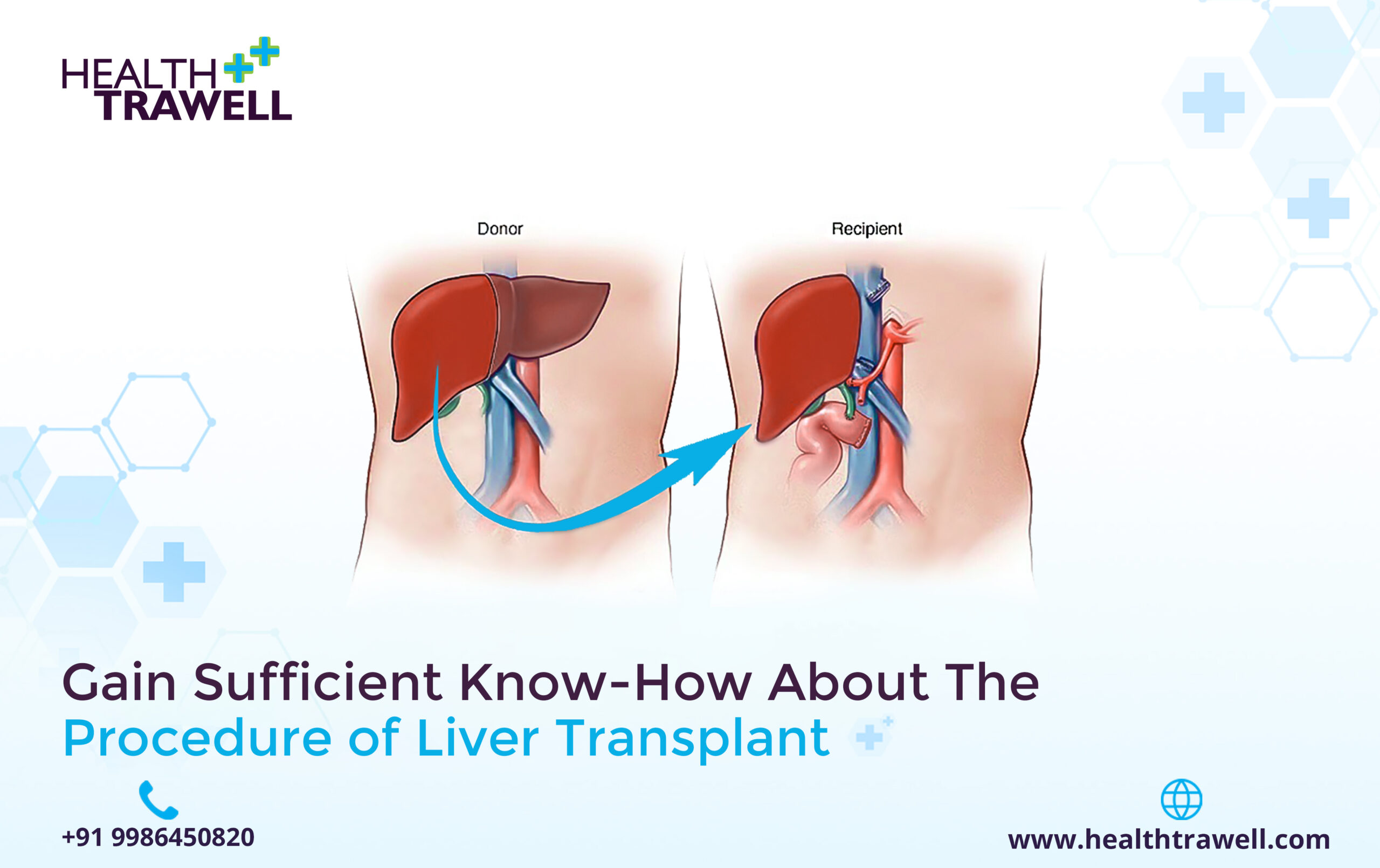Gain Sufficient Know-How about the Procedure of Liver Transplant

The liver is an essential organ responsible for filtering toxins, producing bile, storing energy, and regulating metabolism. When the liver is severely damaged or fails to function properly, it can lead to a life-threatening condition called liver failure. Liver transplant is the only effective treatment option for end-stage liver disease or acute liver failure.
Types of Liver Transplant Procedures
There are two types of transplants, as follows:
- Deceased donor liver transplant: In this, the liver is obtained from a brain-dead donor, who has registered as an organ donor or from a family member, who consents to donate their loved one’s organs after death.
- Living donor liver transplant: In this, a portion of the liver is removed from a healthy living donor, usually a family member, and transplanted into the recipient.
Why Is a Liver Transplant Done?
Transplant is recommended for people with end-stage liver disease, acute liver failure, or liver cancer that cannot be treated with other medical or surgical options. The most common reasons for performing a transplant include cirrhosis, hepatitis B or C, alcoholic liver disease, autoimmune liver disease, biliary atresia, and primary sclerosing cholangitis.
Risks Associated with Liver Transplant
It is a major surgical procedure that carries some risks, including bleeding, infection, organ rejection, and side effects from immunosuppressive medications. Immunosuppressive medications are necessary to prevent the body from rejecting the transplanted liver, but they can also increase the risk of infection and other complications.
How to Prepare for a Transplant?
Before a transplant, the recipient will undergo a series of medical tests and evaluations to assess their overall health and determine if they are a suitable candidate for the procedure. The transplant team will also review the patient’s medical history & medications. Certain lifestyle habits need to be changed like quitting smoking, avoiding the intake of alcohol, not doing drug abuse, and following a healthy diet & exercise plan for improving the overall health before final surgery.
What to Expect Before a Liver Transplant?
Before transplant, the patient will be placed on a waiting list based on their medical condition and the availability of suitable donor livers. The wait time for a transplant can vary from days to several years. During this time, the patient will undergo regular medical evaluations and monitoring to ensure they are healthy and ready for surgery.
What to Expect During the Transplant?
During the surgery, the patient will be given general anaesthesia and placed on a ventilator to breathe. The surgeon will make an incision in the abdomen to remove the diseased liver and replace it with the healthy liver from the donor. The surgery can take several hours to complete, depending on the complexity of the procedure.
What to Expect After the Transplant?
After a transplant, the patient will be closely monitored in the hospital for several days to ensure the new liver is functioning correctly and there are no complications. The patient will need to take immunosuppressive medications for the rest of their life to prevent organ rejection. Recovery time varies, but most patients can resume normal activities within a few months after surgery.
Health Trawell Can Be Your Escort for Liver Transplant in India
It is considered a life-saving procedure for people with end-stage liver disease, acute liver failure, or certain forms of liver cancers. If you are targeting India as your medical tourism destination, then Health Trawell is here at your service in India for liver transplant.



